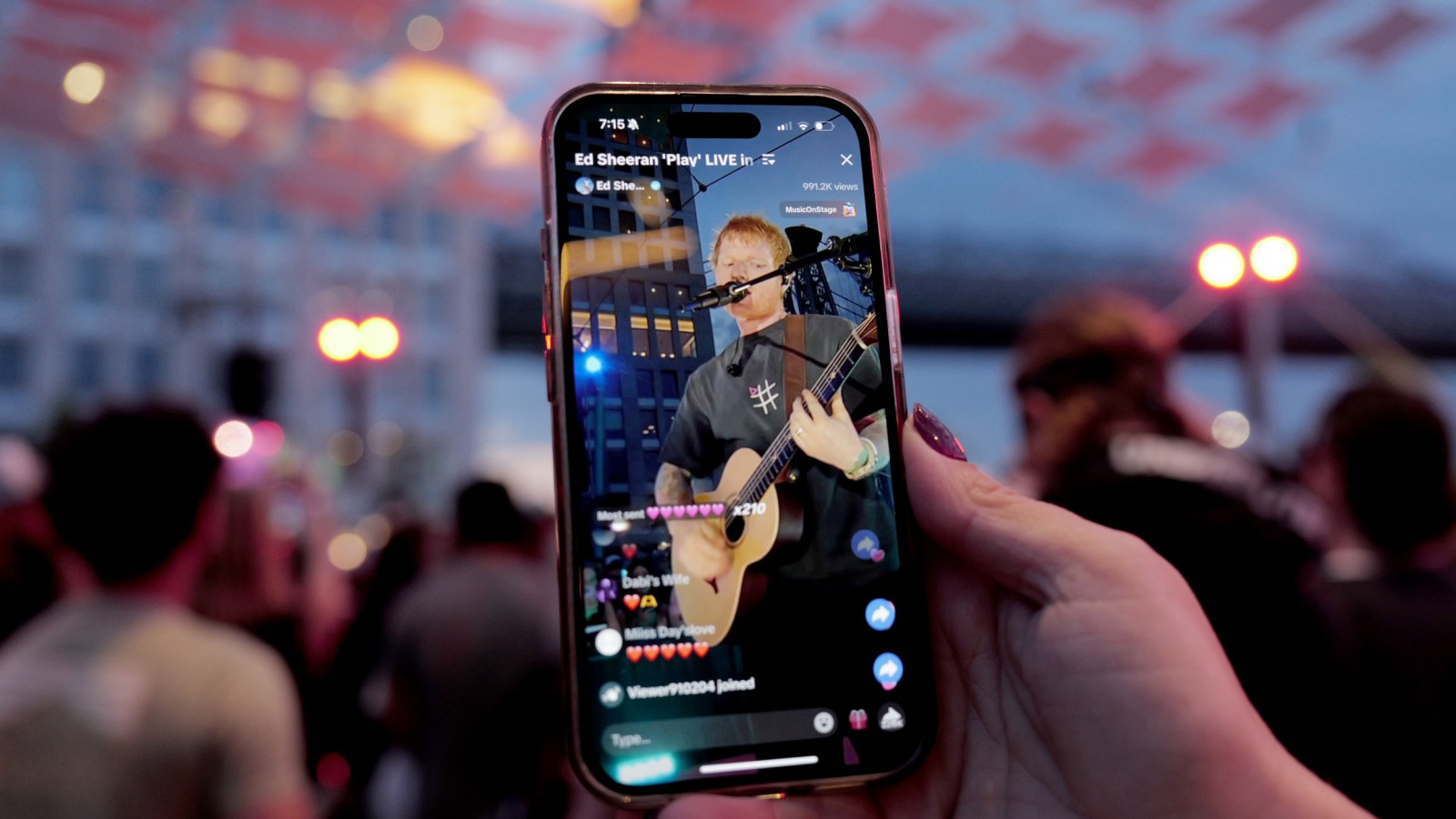By Jesus Mesa
Copyright newsweek

TikTok may soon escape the threat of a nationwide ban in the United States. But for the 170 million Americans who use it, the version they will open looks unlikely to be the version they know.A framework deal between the United States and China could pave the way for TikTok to remain in American app stores—though possibly in a different form. Under the proposal, ByteDance, TikTok’s Beijing‑based parent company, would retain a minority stake while potentially spinning off a U.S.‑only version of the app with its own data, servers and algorithm, separate from the global platform.The framework was confirmed following trade talks in Madrid. Treasury Secretary Scott Bessent told reporters that both sides had agreed to the commercial terms, pending a call between President Donald Trump and Chinese Premier Xi Jinping scheduled for this Friday.If finalized, the deal would resolve a political standoff that began under President Joe Biden, whose administration backed a bipartisan law in 2024 requiring ByteDance to divest TikTok or face a U.S. ban by early 2025. Trump, now back in office, has repeatedly extended the deadline amid ongoing negotiations.A Potential Split—and a New AppWhile no final product has been announced, ByteDance engineers have spent much of 2025 preparing for the possibility of a split. According to sources familiar with the project who spoke to Reuters, the company has been duplicating TikTok’s codebase, algorithm, and core functions to create a U.S.‑only app that would be developed and stored entirely within the United States. The platform would reportedly be trained on American user data and inaccessible from overseas devices.The move would mirror how ByteDance already operates Douyin, the China‑only version of TikTok. Though it shares many surface features with its international counterpart, Douyin is hosted on domestic servers, built on a different codebase and is heavily regulated under Chinese cybersecurity and media laws.With more than 700 million monthly users, Douyin has become ByteDance’s top revenue source, generating over $21 billion in ad sales in 2023, according to eMarketer. The app integrates e‑commerce, livestream sales and government messaging.However, it also enforces strict content moderation. ByteDance partnered with 11 Chinese government agencies in 2018 to promote official narratives. The platform’s “teenage mode” restricts users under 14 to educational videos and bans categories such as superstition, pranks, nightlife, and pro‑LGBT content. This year, even soap opera clips showing fraught in‑law relationships were reportedly removed for portraying “negative social values.”In China, that has meant not only removing content but also algorithmically suppressing certain videos—a practice known as “shadowbanning” that has raised concerns among many Western creators who fear they could face the same fate.Concerns Over ControlEven with localized development, concerns persist about whether the U.S.‑only version of TikTok could adopt content filtering or prioritization tactics similar to those used in Douyin. The possibility that a U.S. TikTok might quietly implement similar systems has raised red flags among media researchers and digital rights advocates.Milton Mueller, professor at Georgia Tech and an expert on internet governance, said the idea of a fenced‑in algorithm designed only for American users raises serious free‑speech and information access issues. “If the fenced‑in TikTok app cannot alert me to content I would like simply because it was uploaded by someone outside our borders, it is restricting my freedom of information,” he told Newsweek.Mueller warned that if barriers to foreign content are enforced by the government, it would be “creating a U.S. Great Firewall.” Even if the restrictions are internal, he argues the app’s value would be greatly reduced.”Who wants a social media platform that can’t communicate with three‑quarters of the world’s population?” he said.Aynne Elizabeth Kokas, director of the East Asia Center at the University of Virginia, said in an interview with Newsweek that national security concerns about TikTok are valid—but that transparency around content recommendations is a problem for all major platforms.”A key issue presented by an American‑focused version of the TikTok app is the opacity of how all apps in the United States feed content to their users,” she said. “This issue becomes increasingly complex in the case of TikTok,” she added, citing its scale and foreign ownership as intensifiers.She has written in Foreign Affairs that narrowly targeting TikTok misses broader systemwide gaps in U.S. regulation of data, algorithms and influence. Regulatory oversight, she argues, needs to cover all platforms with similar power and risk.Concerns about opaque algorithmic control are not limited to TikTok. Under Elon Musk’s ownership, the social platform X—formerly known as Twitter—has faced scrutiny for amplifying right-wing content and its lax content moderation policies.Others, however, have focused on the structural and regulatory aspects of a potential U.S.-only TikTok. Adam M. Segal, director of the Digital and Cyberspace Policy Program at the Council on Foreign Relations, said the success of such a version will depend on how fully the separation is executed.”There might be something latent, but that would get trained away with U.S. data if the code break is true,” he said.Segal also noted that if the restructured TikTok becomes a U.S.‑registered company with American leadership, it should be subject to U.S. regulatory norms and statutes—just like other social media companies. “Leverage would seem to me to be the same, since American TikTok would be an American company, registered here with American CEOs.”



